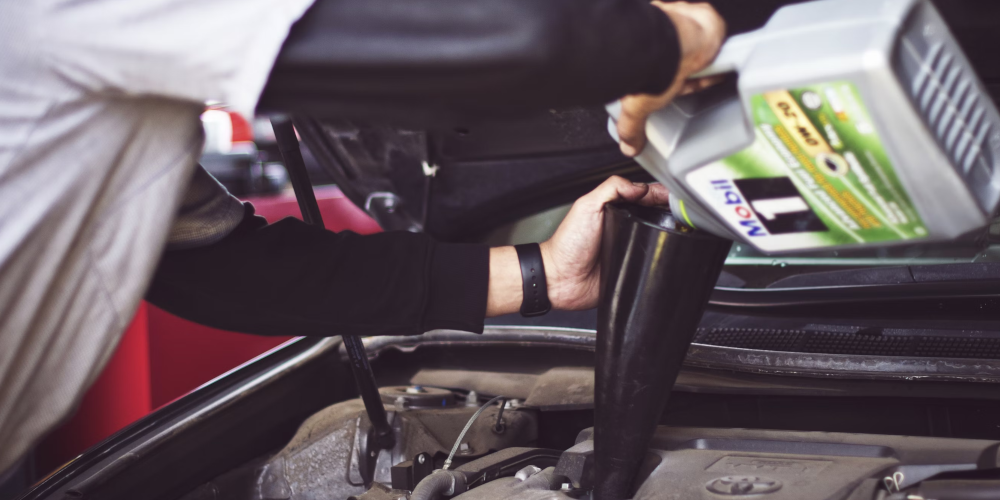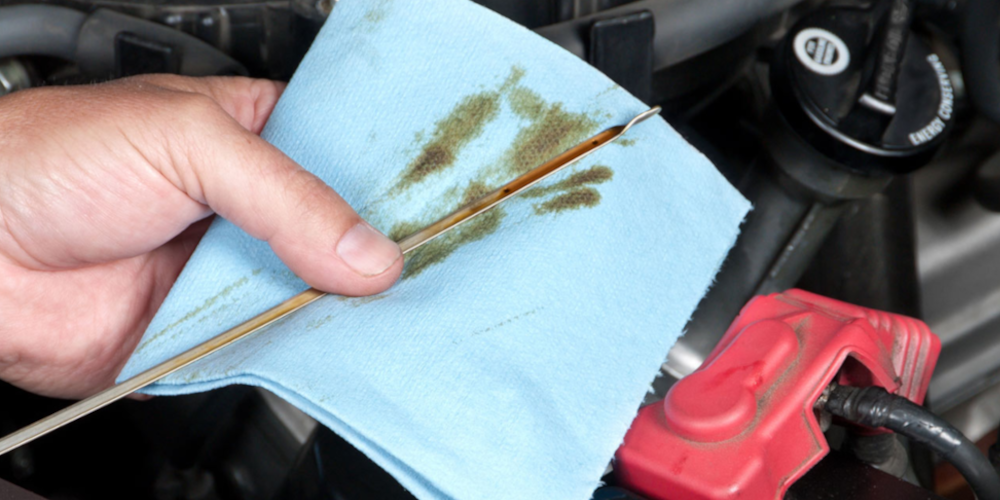Car maintenance is crucial for keeping your vehicle in top condition and preventing costly repairs. At EASR Ltd, we’re committed to helping drivers repair their cars with ease, but with regular maintenance, some issues can be avoided and you’ll save money in the long term.
How Often Should You Perform Car Maintenance?
How to Maintain Your Battery
How to Check and Change Fluids
Tyre Maintenance
Exterior Car Maintenance
Other Maintenance Tips
This guide covers all aspects of vehicle maintenance, from basic checks to more complex tasks.
How Often Should You Perform Car Maintenance?

Regular maintenance is essential to keep your vehicle running smoothly, extending its lifespan, and preventing costly repairs. By following recommended service intervals, you can avoid major mechanical issues and ensure that your car performs optimally. Below are some of the most common maintenance tasks and their suggested intervals:
- Changing engine oil: Every 3,000 miles – Regular oil changes are critical to lubricating your engine’s moving parts, preventing wear and tear.
- Checking fluid levels: Monthly – This includes coolant, brake fluid, and windshield washer fluid. Ensuring all fluids are at the correct levels helps your vehicle run efficiently.
- Checking tyre tread & pressure: Monthly – Proper tyre maintenance improves safety, fuel efficiency, and prolongs the life of your tyres.
- Replacing wiper blades: Every 6-12 months – Wiper blades degrade over time, and regular replacement ensures clear visibility in all weather conditions.
For more specific maintenance guidelines tailored to your vehicle, always refer to your car’s handbook. It contains the manufacturer’s recommended service intervals and procedures to keep your vehicle running at its best. If you’re unsure about any aspect of maintenance, the professionals at EASR Ltd are available to provide expert advice and assistance.
How to Maintain Your Battery
Proper battery care is essential for ensuring your car starts reliably and performs well over time. Here are some key tips for maintaining your car battery:
- Visual Inspection and Cleaning: Regularly inspect your battery for any signs of corrosion, leaks, or damage. Clean any corrosion from the terminals using a mixture of baking soda and water to prevent electrical issues.
- Battery Charging: Having a battery charger can prevent unexpected breakdowns. Smart chargers are ideal for vehicles with AGM or EFB batteries, as they offer more advanced charging options and ensure longer battery life.
- Battery Replacement: When replacing a car battery, it’s crucial to disconnect the terminals in the correct order. Start by disconnecting the negative terminal (black), followed by the positive (red). When installing the new battery, reverse the process—connect the positive terminal first.
How to Check and Change Fluids

Maintaining your car’s fluids is vital to keeping the engine and other components running smoothly and efficiently. Regularly checking and topping up fluids can prevent costly damage and ensure optimal vehicle performance. Here are the key fluids you should monitor:
- Engine Oil: Check the oil levels regularly, ideally once a month, and change the oil every 3,000 miles to keep the engine lubricated and running smoothly.
- Coolant: This fluid is crucial for preventing the engine from overheating. Check the coolant level often and ensure it’s within the recommended range.
- Brake Fluid: Ensuring that your brake fluid is at the correct level will keep your brakes functioning properly, providing you with the safety and control needed on the road.
Tyre Maintenance

Proper tyre maintenance is crucial for both safety and vehicle performance. By regularly checking your tyres, you can prevent issues that may lead to accidents or costly repairs.
- Tread Depth: Ensure your tyres have a minimum tread depth of 1.6mm, which is the legal requirement and necessary for safe driving. Tyres with worn treads have reduced grip, especially in wet conditions, increasing the risk of skidding.
- Tyre Pressure: Keeping your tyres at the correct pressure not only improves fuel efficiency but also extends the lifespan of the tyres. Under or over-inflated tyres can wear unevenly, leading to a need for premature replacement.
- Changing a Tyre: Knowing how to change a tyre is an essential skill in the case of a flat. While it may seem daunting at first, it’s relatively straightforward once you’ve learned the process.
Exterior Car Maintenance
Maintaining the exterior of your car is essential not just for appearance but also to protect the vehicle from long-term damage. Taking care of rust, scratches, and wiper blades can prolong the life of your car’s bodywork and ensure safety on the road.
- Rust Removal: Rust can quickly spread and weaken the car’s structure if left untreated. Addressing rust as soon as it appears can prevent more extensive damage and costly repairs down the line.
- Scratch Removal: Even minor scratches can detract from your vehicle’s appearance. They can often be repaired at home using simple methods like WD-40, toothpaste, or a scratch repair pen. For deeper or more complex damage, professional help may be required.
- Wiper Blade Maintenance: Clean your wiper blades regularly and replace them every 6-12 months to ensure optimal performance. Worn blades can impair visibility, making driving more hazardous in wet conditions.
Other Maintenance Tips
Beyond the basics, there are a few additional maintenance tasks that can significantly impact your vehicle’s performance and longevity. Addressing these can save you time and money in the long run.
- Spark Plug Replacement: Spark plugs play a crucial role in igniting the fuel in your engine. They should be replaced every 30,000 miles to ensure smooth engine performance and better fuel efficiency. Worn-out spark plugs can lead to misfires and reduced engine power, so staying on top of this is key to maintaining a healthy engine.
- Air Conditioning Regas: Keeping your car’s air conditioning in good condition is essential for comfort, especially during warmer months. While it’s possible to top up the air conditioning refrigerant at home with the right tools, professional services ensure the job is done correctly and safely. If you’re unsure, it’s worth seeking expert help to avoid potential damage.
- Avoiding DPF Problems: Diesel particulate filters (DPF) are essential for reducing emissions in diesel vehicles, but they can become clogged, especially if the car is used for short trips. Regular longer drives help the DPF perform a “regeneration” process, burning off the accumulated soot and preventing blockages.
Car maintenance doesn’t have to be overwhelming. From basic checks to advanced repairs, following these guidelines can help keep your car running smoothly. For full structural repairs, vehicle paint repairs, or insurance-approved repairs, EASR Ltd offers expert services tailored to your needs. Take advantage of 0% finance available and contact us today for a free consultation!